“This is unsustainable,” Tom Tavner says to his son, John. At his father/handler’s behest, John has spent the past two weeks trying to recover a briefcase of US government money stolen by Iranian agents in Luxembourg, a task complicated by the interference of petty criminals, dogged detectives, and a Korean street puppeteer. In the process, John has been beaten, concussed, arrested, interrogated, harassed on an online music forum, and otherwise subjected to severe trauma. To call the assignment “strenuous” would be an understatement.
“This is unsustainable,” John’s HR Manager Gregory tells him. On top of the rigors of John’s intelligence work, he also has to contend with his job at McMillan, a legit industrial piping firm that he’s infiltrated to use as his cover for missions abroad. As “John Lakeman,” he must burn the midnight oil memorizing esoteric terms for last-minute presentations, jet back and forth between the Milwaukee office and conferences in Luxembourg, and avoid the scrutiny of his overbearing boss. John’s double-life, coupled with his crushing workload, has caused him to go without food or sleep since the assignment began, and his personal health and relationships have suffered for it.
“This is unsustainable,” PATRIOT creator Steve Conrad said, I would assume, as he stared at the drawing board for the second season of the Amazon spy series that doesn’t star John Krasinski. PATRIOT isn’t prestige television, and odds are it never will be. It lacks the star power or sexiness of JACK RYAN, or any other TV series about espionage for that matter, and its appeal is decidedly niche. What elevates PATRIOT above other Prime Video darlings like TRANSPARENT and THE MARVELOUS MRS. MAISEL is a combination of razor-sharp wit, a web of intrigue spun so tightly that it feels like it took five Coen brothers to write it, and the cajones to toss all of it out the window.
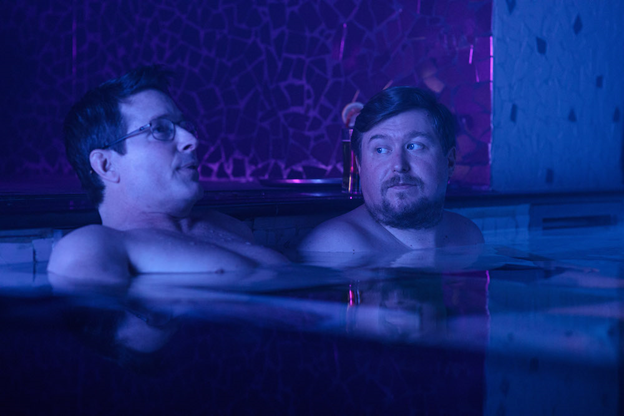
Intrigue!
Spywork in PATRIOT is less of a perilous vacation and more of a soul-crushing ordeal; politics and violence are tertiary concerns with the sole purpose of propelling John to profound new depths. Comparing it to JACK RYAN is a disservice to both shows, and while the capers that play out could have been ripped out of FARGO’s playbook, it would be more appropriate to say PATRIOT’s chief Coen connections are the self-destructive leads of INSIDE LLEWYN DAVIS and A SERIOUS MAN. On top of being comedic in the darkest way, John’s absurd string of misfortunes humanize him against the legion of impervious super agents we see so often. Actor Michael Dorman’s subdued portrayal of John is instantly sympathetic, but you can’t root for him to hang in there until he gets knocked down first.
The danger of such an intentionally convoluted and hopelessly bleak script is that John’s fatigue can easily become the viewers’. At the rate the first season was going, round two would have ceased to be compelling and become simply exhausting. It appears Conrad saw this coming, which explains why PATRIOT’s second season does something you don’t see successfully executed that often in TV: it reinvents itself. This doesn’t mean that PATRIOT shreds the script, begins a new arc, or throws the baby completely out with the bathwater to rebrand as an “anthology.” Rather, it takes the elements that made it essential viewing, trims the rest, and presents a new package that looks different, but feels the same.
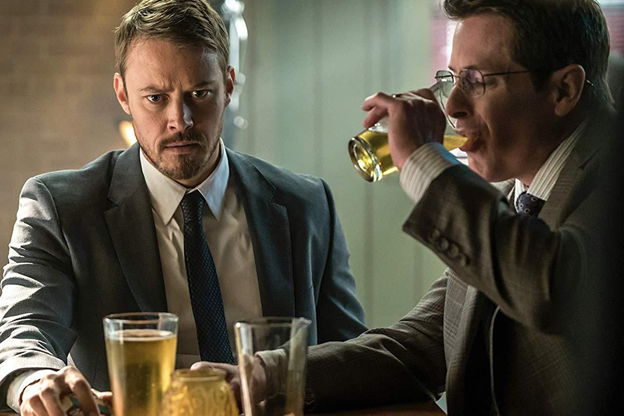
Feels!
The show’s two settings are consolidated into one, as the cast from both Milwaukee and Luxembourg migrate to Paris. John reveals his true identity to his friends, his coworkers, and even his pursuers, eliminating the need to juggle phoney names and made-up narratives. Even the show itself keeps things simple: the episode count of eight is down from the first season’s 10, and Conrad gets sole writer and director credit for each of them, resulting in a much more concise presentation this time around. While this makes it sound like John gets to take a break, the reality is this newest season gives Conrad entirely new instruments to torture his main man with.
Instead of hiding, John is now running. Not from the authorities, mind you, as even with an APB out for his arrest, John’s training makes evading cops a piece of cake. Rather, the anxieties that loom over John—his father’s domineering influence, his inability to form meaningful connections, and his ominously suicidal tendencies—can no longer be ignored, and his coping mechanisms are beefed up accordingly (more on that in a bit).
PATRIOT’s second season does give John a minute to catch his breath before pulling him under again, and more importantly, allows the audience to gather their bearings. These aren’t the only benefits of wiping the slate clean, however, as the streamlined structure also lends itself to better storytelling. Having everyone in one location means the action doesn’t need to stray from John as often, giving us a closer look at his deteriorating physical and emotional state. This means that even with an abbreviated runtime, it feels like John undergoes even more hardship than in a longer season with split attentions.
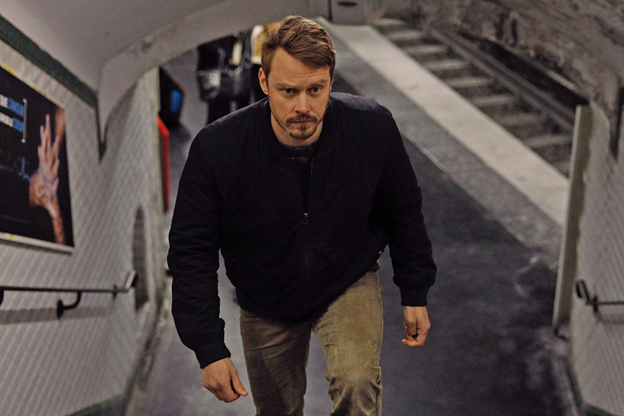
Hardship!
I mentioned John’s coping mechanisms earlier. On top of getting us further inside the head of a man who should by all means be dead (John’s impressive concussion count means that every POV shot is blurrier than a COPS highlight reel), these measures compound the already outrageous scenarios that he finds himself in. Case-in-point: John’s side gig as a folk musician has been axed from the plot, but his stream-of-consciousness lyrics are now directly worked into his more dicey operations as voiceovers. Dorman’s tunes are as fun as ever, but now they come with the added kicker of showing us what’s going on behind that look of resigned stoicism. It’s one thing to watch a man force himself to climb an electric fence without protection; it’s another entirely to do so while incorporating the steps for the procedure into a soft guitar lullaby about Chip the Cup from BEAUTY AND THE BEAST.
Watching PATRIOT is a masochistic exercise, so it is one of the wonders of the modern world that it is able to stay funny after all of the abuse it hurls at its lead. John Tavner is an enthralling protagonist for one reason only, and that is his constant exploration of how much pain one person can endure. But even a character built for punishment needs to switch things up once in awhile; hitting the same nerves will eventually make them go numb, and John needs to feel every blow and insult for us to still care about him.
The very real and serious condition of PTSD is made abundantly clear with each shot of John’s thousand-mile-stare, and balancing the audience’s concern for him with the slapstick hilarity of watching him land face-first from a balcony is PATRIOT’s greatest achievement. Mum’s the word on whether we’ll even see where John ends up, as the show has been a notoriously slow production and Amazon has yet to renew it for a third season, but I’m keeping the beleaguered agent in my prayers. Wherever he ends up, I’m certain he’ll need all the help he can get.


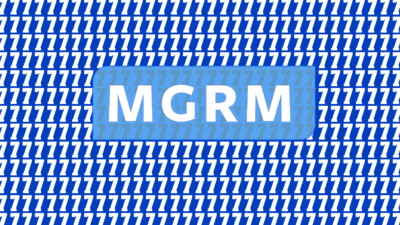
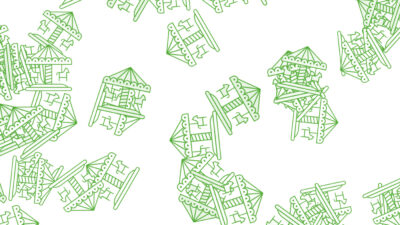
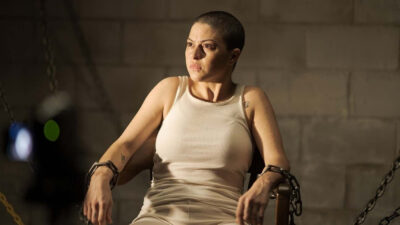

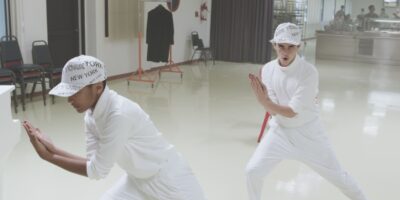


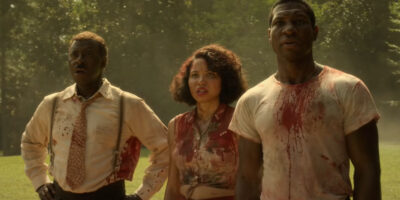






Comments